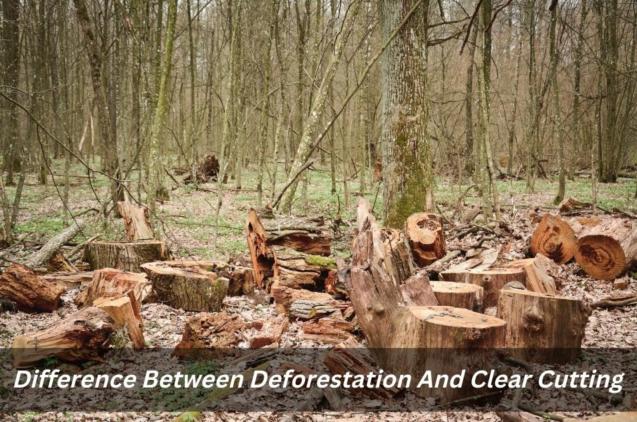
Demolishing the Past, Building the Future in Newcastle
This article will examine the importance of commercial demolition in Newcastle and some of its crucial aspects. From economic gains and losses to impacts on environmental conservation, the process will be analysed, along with its implications for the city's general development.
Understanding commercial demolition
This is tearing down a commercial building safely, efficiently, and environmentally friendly. It does not call for guesswork, blur, or shortcuts, but rather one that needs to be well-planned, precise, and with full knowledge of the construction of the building it is applied. There is no limit to the type of commercial demolitions that can take place; you have your office buildings, your large warehouses, and everything in between.
The benefits of commercial demolition
Therefore, the advantages of commercial demolition go beyond the concept of removing or clearing land. It can thus be deemed a successful move that will benefit the city and its people.
- Economic growth: Thus, demolition projects can offer employment opportunities in construction, waste management, engineering, and planning. They can also facilitate investment, as the cleared area is perfect for new development processes.
- Urban renewal: Demolition helps trigger urban renewal developments by demolishing heritage structures that may have become decrepit, unwholesome, or infringing on the city’s growth. New developments create an avenue for providing the city with more modern facilities, articulated infrastructure facilities, and a better view of the city.
- Improved safety: It is dangerous, and structurally unhealthy buildings might threaten the community. Demolition can, therefore, help eliminate these risks and create safer spaces.
- Environmental benefits: The demolition process may produce waste but promote environmentalism. This way, the demand for new resources is met at a minimum while issued structures are recycled for use by other structures.
The demolition process
Demolition is a well-choreographed movement that encompasses planning, scheduling and implementation. It typically involves the following steps:
- Assessment and planning: Surveys are carried out on the building to establish the presence of dangerous materials like asbestos and ascertain the feasible procedure for demolition. The plan for how the building will be demolished step by step, the safety measures that will be put in place, and the methods to be used in waste disposal are then drawn down.
- Site preparation: Security measures are taken over the surrounding space of the building, and the services are shut off. Temporary gates are constructed to prevent anyone from accessing the site without the proper authorisation, and a notice board is put in place for any announcements that may need to be conveyed to the public around the site.
- Demolition: The building is then demolished piece by piece, sometimes using various tools such as excavators and wrecking balls. For larger structures, controlled explosions may be employed.
- Waste management: The waste produced during demolition is separated and disposed of properly, adhering to legal requirements. Such products are disposed of with the aim of recycling, and the salvaged material is taken for further processing.
- Site restoration: After the demolition, the area is cleared to plan for the next project. This may include regularising the ground, clearing the site, and establishing temporary aesthetics.
Sustainable demolition practices
Environmental conservation is a topic of discussion in modern society, which makes demolition of great significance in today’s society as it concerns sustainability. With less waste produced and energy used, along with reduced environmental harm, sustainable demolition aids in developing a sustainable future.
Some critical sustainable demolition practices include:
- Selective demolition: Selective demolition means that while certain building sections may need to be demolished, others will not.
- Material recycling: Lack of waste disposal through efficiently using materials like metals, concretes, and wood contentment.
- Green demolition: Practical measures for a more sustainable demolition process, e.g., avoiding using toxic products during a process and avoiding producing noise and dust.
Challenges and Considerations
As helpful as commercial demolition may be, it has some benefits /problems and factors to consider.
- Asbestos removal: They can determine whether a building had asbestos, especially if the construction was done in the early 1980s or earlier.
- Heritage preservation: When an object possesses historical or cultural value, conserving heritage-listed structures may add to the construction’s demolition procedure.
- Community impact: Building demolition can negatively impact the immediate community because of noise pollution, dust pollution, and, most importantly, the inconveniences associated with traffic jams caused by bridge construction during demolition. To address all the adverse effects, community involvement should also be made part of the planning process.
The future of commercial demolition in Newcastle
Therefore, commercial demolition will not be left out of Newcastle’s development process as the city progresses. It is essential and possible for Newcastle to adopt sustainable demolition practices, promote the use of technology, and engage the communities in a way that will see the city and its projects become more robust and sustainable.
Conclusion
Commercial demolition is essential and goes beyond being just a means to an end. Many talk about the reinvention of cities, creating employment, and even enhancing people’s well-being. Removing existing structures makes a clear social point that better conditions for Newcastle and its inhabitants in the future may be possible.
For professional and efficient commercial demolition services in Newcastle, contact Watson Demolition and Site Services. Our experienced team can provide tailored solutions to meet your needs.



